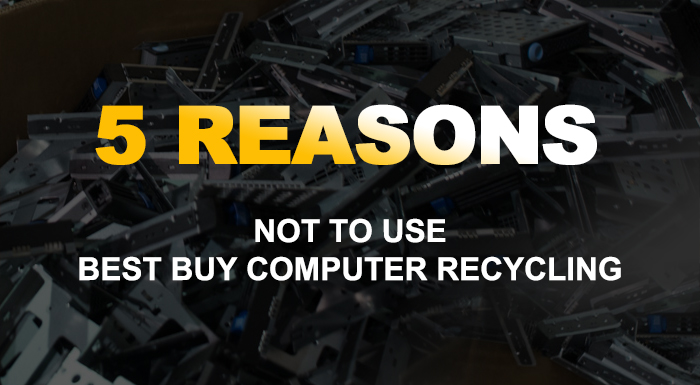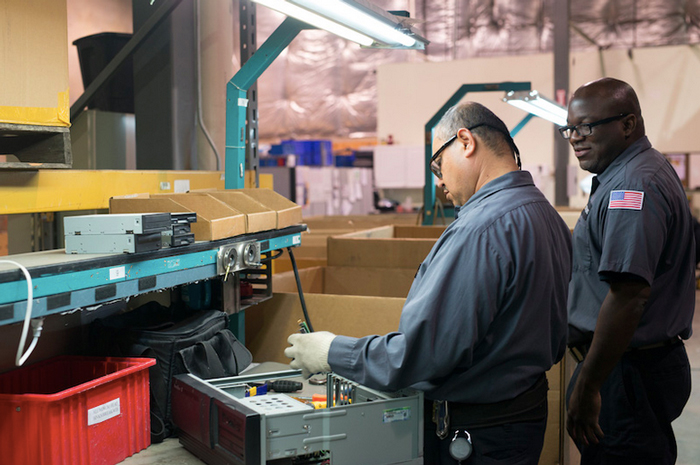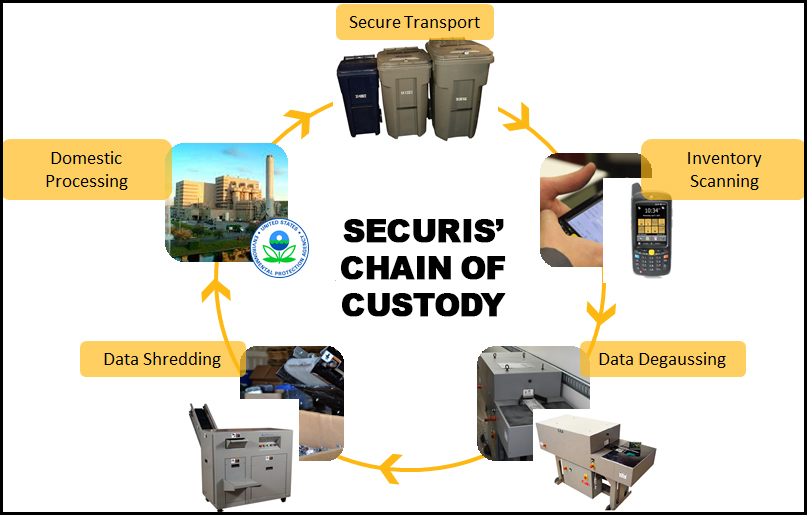The Hampton Roads region of Virginia is home to Naval Station Norfolk, the largest navy base in the world. It’s also home to many other military installations and support businesses. Securis is committed to serving its community in the most professional way possible. When the military needs to destroy sensitive information on retired IT assets, they turn to Securis’ Norfolk.
Securis works with the military to ensure that DoD and NSA standards are used when a data erasure job is performed. Securis has been called on to destroy both unclassified and classified top-secret material for the military.
“We’re honored to work with the military to meet their specific requirements,” Al Jenik, owner of Securis Hampton Roads says. “Clearly, the stakes are higher when it’s data and material that the military needs destroyed. Job after job, we’ve built great relationships with our Navy, Army, Air Force, and Coast Guard partners. We’re proud to meet their data sanitization standards.”
When it comes to data erasure for the military, there must be a strict chain of custody process. Each disk, solid-state drive, and other storage media devices must be accounted for during every step of the project.
On-Site Data Destruction
“We go on-site for our data erasure jobs for the military. That way, they can observe the data erasure processes and confirm that everything is destroyed to DoD standards,” says Jenik. This is done through degaussing, shredding, and microshredding, or a combination of them.
Data erasure for the military is necessary for classified storage devices and drives. “There are also some large or unusual electronic devices that occasionally need to be destroyed. We work with our military customers to find creative ways to protect the data on every type of electronic device.”
Securis has also worked with NAS Oceana Dam Neck Annex, Joint Base Little Creek, Langley Air Force Base, and Ft. Eustis Army Base. “Everyone knows about the rivalry between the Army and the Navy,” Jenik says. “Luckily they agree that working with Securis is a no-brainer.”




